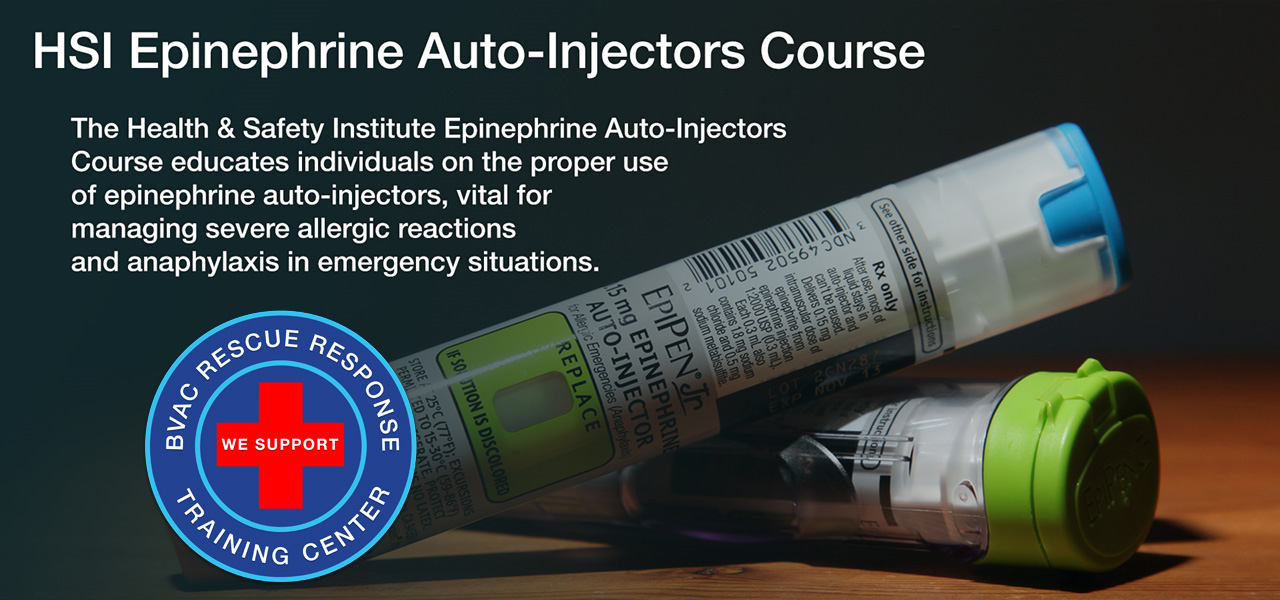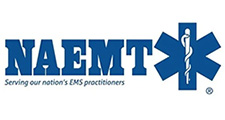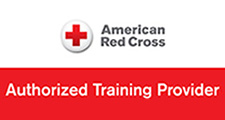- Office Phone:
- (718) 631-3333
- Office Hours:
- Mon - Sat: 9:00 AM to 12:00 PM - Sun: Closed

Understanding Epi Pens: Lifesavers for Emergencies at Home and Work
When it comes to serious allergies, quick action is crucial. That's where Epi Pens come in. These small devices can be lifesavers in emergencies, both at home and at work. Let's break down what they are and how to use them in simple terms.
What is an Epi Pen?
An Epi Pen is a device that injects a medicine called epinephrine (also known as adrenaline) into your body. Epinephrine helps to relax your airways and increase blood flow, which can counteract severe allergic reactions known as anaphylaxis.
When to Use an Epi Pen?
You should use an Epi Pen if you or someone else is having a severe allergic reaction. Symptoms of anaphylaxis can include trouble breathing, swelling of the face or throat, rapid heartbeat, and feeling faint. It's important to act fast when these symptoms occur.
How to Use an Epi Pen?
Using an Epi Pen is simple, but it's essential to follow the instructions carefully:
- Remove the Epi Pen from its case: Take it out and hold it firmly in your hand.
- Remove the safety cap: Grasp the Epi Pen firmly with the orange tip pointing downwards. With your other hand, pull off the blue safety cap.
- Find the injection site: The best place to inject the Epi Pen is the outer thigh. It's important to inject it into the muscle, not the skin or a vein.
- Administer the injection: Hold the Epi Pen firmly against the outer thigh. Push the orange tip firmly against the thigh until you hear a click. Keep the Epi Pen in place for a few seconds to ensure all the medicine is injected.
- Seek medical help: After using the Epi Pen, call emergency services or go to the nearest hospital. Even if the symptoms improve, it's essential to get further medical attention to prevent a possible second reaction.
Remember:
- Check expiration dates: Make sure your Epi Pen is not expired. Expired Epi Pens may not work correctly.
- Practice: If you or someone you know has severe allergies, it's a good idea to practice using an expired Epi Pen or a trainer device so you'll feel confident in an emergency.
- Have a backup: Keep multiple Epi Pens in different locations, such as at home, work, and school. This ensures you're always prepared no matter where you are.
Epi Pens are essential tools for managing severe allergic reactions. By understanding how they work and practicing how to use them, you can be prepared to act quickly in an emergency, whether at home or at work. Always remember to seek medical help after using an Epi Pen to ensure proper follow-up care.





